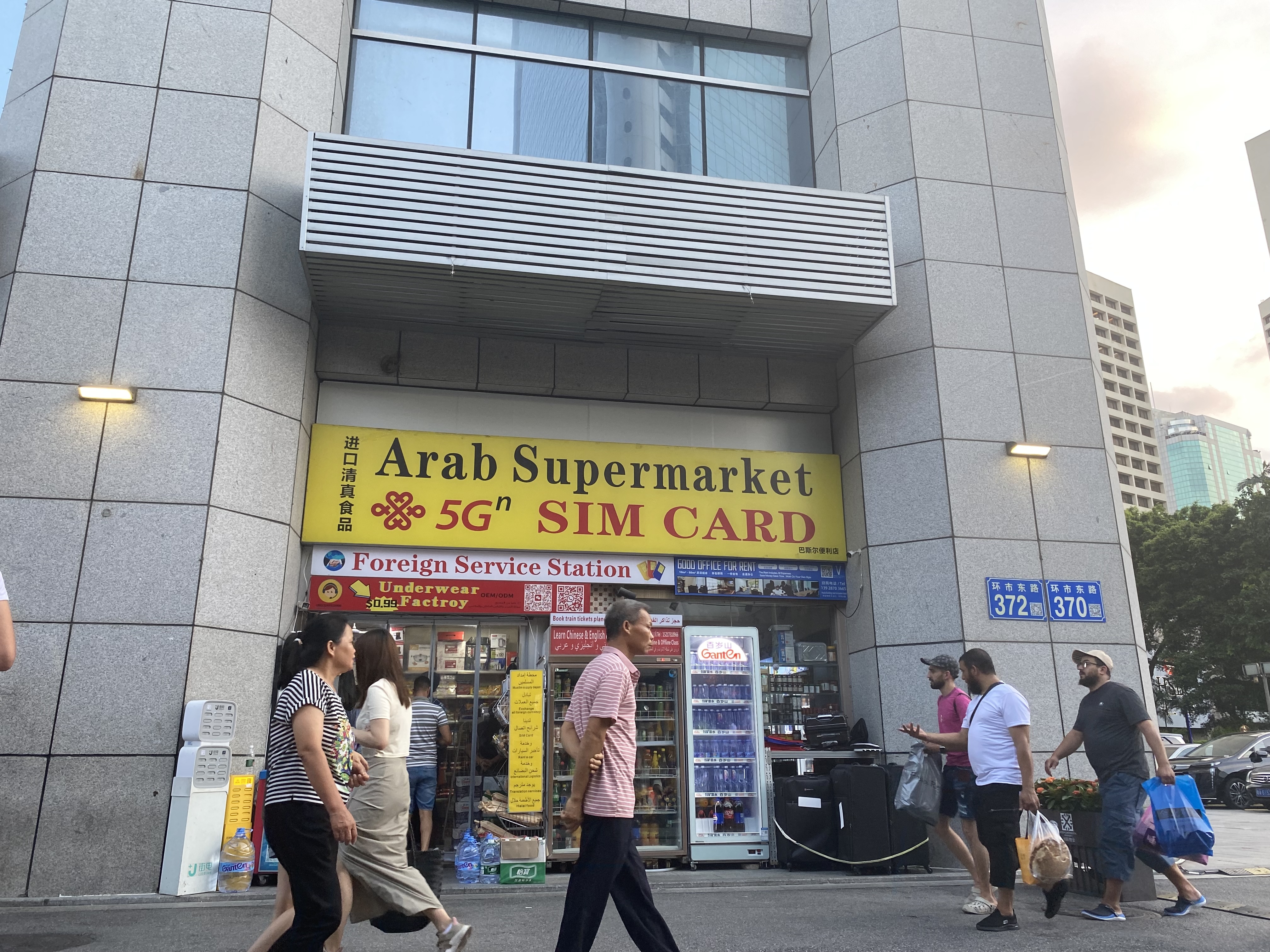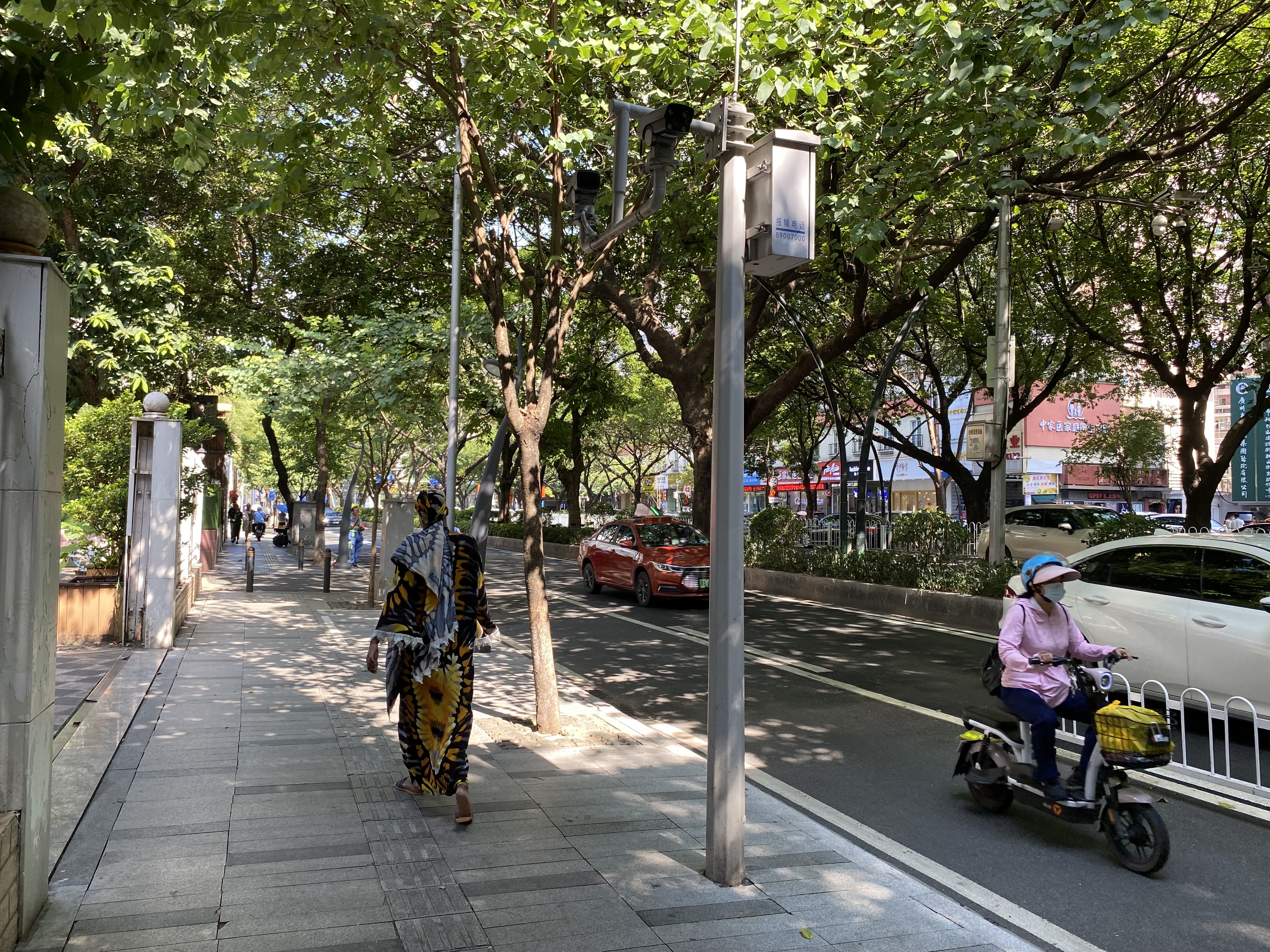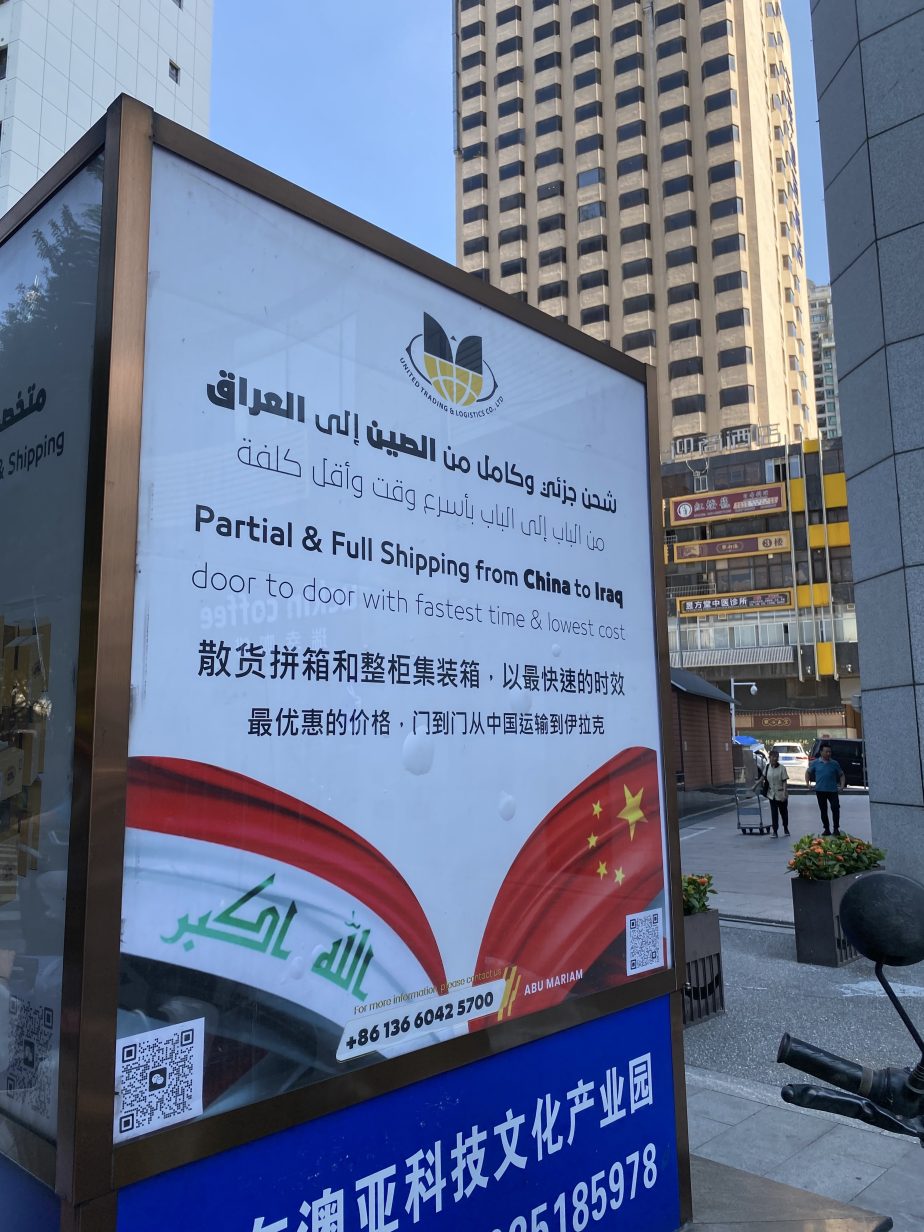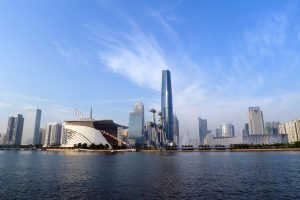According to United Nations projections, by 2100, eight out of 10 people will live in Asia or Africa. This demographic shift starkly contrasts with the trends in Europe and North America, where many countries are struggling with demographic decline. While numbers alone do not define the future, such a significant disparity between the populations of emerging economies and those of developed ones will inevitably reshape the global economic and political order. This means globalization too will be very different from the one we know.
These global changes are already tangible, and cities provide an ideal spot to observe them. New York has been the quintessential city of the current era of globalization, which has been shaped and dominated by the West. It is a city of opportunity that, in the 19th and 20th centuries, attracted people from all over the world seeking the American dream. In contrast, Guangzhou, the capital of China’s Guangdong province, offers a glimpse into the future of globalization.
It’s no coincidence that this city is in China, the country that best exemplifies the world’s ongoing transition. In roughly 50 years, China has transformed from one of the poorest countries to the world’s second-largest economy. It has become a land of opportunity too, drawing individuals from diverse regions, especially those left out of today’s globalization benefits.
Guangzhou, the urban center of the Pearl River Delta, is renowned for its multiculturalism – a stark contrast to the rest of China, which has a lower percentage of foreign residents than even North Korea. Entrepreneurs from Ethiopia, Kenya, Sudan, Pakistan, and Iraq can be found in the city.

An Arab supermarket in Xiaobei, Guangzhou, is testament to the Middle Eastern diaspora population in the Chinese city. Photo by Gabriele Manca.
Foreigners have long been part of Guangzhou’s history, dating back to when it was a major port on the ancient Silk Road. The maritime route connecting Guangzhou to the Persian Gulf via the South China Sea and the Indian Ocean was the world’s most important at that time. Today, Guangzhou is a key hub for purchasing low-cost goods, often counterfeit, exported to South and Southeast Asia, Latin America, and predominantly the Middle East and Africa.
“If you go to Shanghai, you’ll find more Europeans and Americans; big business happens there. Here, we do things on a smaller scale, buying some goods and reselling them back home,” Ahmed told me in an Arab restaurant in Xiaobei, a district in Guangzhou.
Ahmed, an Ethiopian, has been traveling between Addis Ababa and Guangzhou for about 20 years. He knows China well and loves it, particularly appreciating “the safety and the freedom to be who you want to be, thanks to the many opportunities China offers.” That phrase had a strong flavor of the old American dream but with a Chinese twist.
Over the years, Xiaobei has emerged as “Little Africa,” becoming the focal point of the African community in Guangzhou, which is the largest in Asia. Many Middle Eastern men and women also live there. Providing an exact number is nearly impossible, both because the government does not release such data and due to the often transient nature of foreigners’ stays in the city.

A woman walks down the street in Xiaobei, Guangzhou’s “Little Africa.” Photo by Gabriele Manca.
Ten years ago, there were an estimated 500,000 foreigners in Guangzhou. By 2018, this number had decreased to around 80,000. The headcount has fluctuated over time, but the pandemic drastically reduced it. During the two years of China’s zero-COVID policy, many foreigners faced extreme precariousness due to the lack of Chinese citizenship. The inability to conduct their businesses, the main reason for being in Guangzhou, forced them to return home.
Contributing to their departure was also a rise in racism reported after the COVID-19 pandemic began. Many Africans reported being targeted with suspicion and subjected to forced evictions and arbitrary quarantines. The pandemic was indeed a turning point.
I visited Guangzhou this July to see how the Arab and African presence in the city had changed. Two years after China reopened, Xiaobei remains the emblematic Arab-African district, but with a significant difference: few foreigners now live there year-round. Most individuals only remain for a few months, which is sufficient time to conduct their business.
Citizens from Arab and African countries primarily occupy hotels and hostels. In the hostel where I was staying, I met Hassam, a Sudanese man who has been coming to China for over a decade. He is fluent in Mandarin and has studied computer science in Beijing. After living in various Chinese cities, he now has an import-export business.

A road sign advertising shipping from China to Iraq in Arabic, English, and Chinese in Guangzhou, China. Photo by Gabriele Manca.
The ongoing vitality and dynamism of trade between Guangzhou and African and Middle Eastern countries are evident from the numerous street signs advertising shipping services, even door-to-door, from China to Iraq or Nigeria.
Among the remaining Africans residing in the city, the majority are affluent and may not be actively engaged in business. This is the case for Abdel, who came from Tanzania and is studying mechanical engineering. His parents moved to China five years ago for work-related reasons. However, he plans to graduate and move to “somewhere in Europe or Canada” because, he says, China now offers fewer opportunities than when his family first arrived. Additionally, it’s not easy being an African in China; he often faces discrimination, and the language barrier has limited his friendships to those in his international university program.
Even with the major changes brought about by the pandemic, Guangzhou still showcases a unique form of globalization. It reflects a grassroots globalization marked by independent traders who buy goods in large quantities and sell them in their home countries through official retail stores and informal street markets. The city on the Pearl River reflects how many emerging economies view China: abundant in opportunity and a paradigm of development and modernity, different from European or American models.
These micro-level dynamics mirror the macro-level, where China cultivates political and economic relationships with emerging economies. Today, Beijing is the primary trading partner for most emerging African and Middle Eastern economies. Its role as a central hub and driving force of an alternative form of globalization is well represented by the Belt and Road Initiative, the cornerstone of China’s economic and geopolitical strategy, which aims to promote its standards globally, both financial and political. It’s no coincidence that most countries involved in the Chinese project are emerging economies, with crucial nodes in the Middle East and Africa.
Over the past decade, through economic influence, soft power, political pressure, and diplomatic initiatives, China has advanced its worldview, offering it to countries where the West’s appeal has been undermined by years of exploitation and paternalism. In many cases, the Chinese charm offensive is working.
































